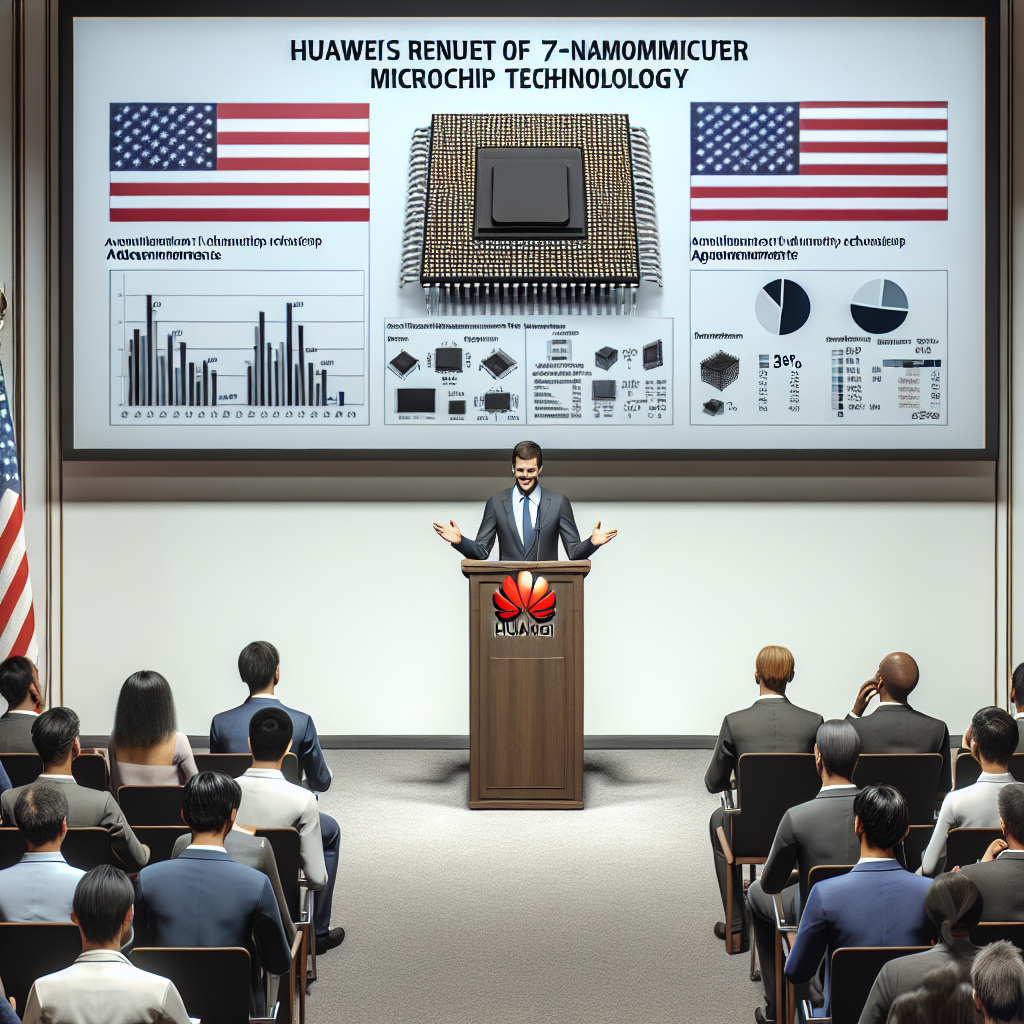Donald Trump’s Re-election and Its Impact on the Tech Sector
Donald Trump’s re-election as U.S. president is expected to have significant consequences for the technology industry.
Predicting the future is always risky, especially when it involves someone known for unpredictable and often impulsive decisions. Trump has a history of being influenced by those closest to him at any given moment. However, Trump has expressed opinions on several key tech issues, and it’s important to consider the views of his advisors, including Elon Musk, who has emerged as one of Trump’s most trusted allies in the final months of the presidential campaign. Here’s a look at what Trump 2.0 might mean for areas like AI, antitrust, and semiconductors.
Antitrust
One of the most likely outcomes of Trump’s return will be the removal of Lina Khan as head of the Federal Trade Commission (FTC), which enforces U.S. antitrust laws. Khan, appointed by Biden, introduced a more radical interpretation of antitrust law, focusing on the power tech companies can amass, even when their services are free to consumers. Her aggressive stance has made her unpopular with Big Tech, and Elon Musk has openly called for her dismissal.
Although Khan’s term as FTC Chair formally ended in September, she can continue to serve until a replacement is appointed and confirmed by the Senate. Trump’s administration will likely replace her, but it remains unclear how much this will change the FTC’s current aggressive stance.
Several major cases, including one involving Meta that could potentially unwind its acquisitions of Instagram and WhatsApp, were initiated during Trump’s first term. Trump has also criticized Facebook, calling it “an enemy of the people,” although CEO Mark Zuckerberg has tried to remain neutral.
The FTC also sued Google over its search monopoly during Trump’s first term, leading to a landmark ruling against the company. Biden’s Justice Department has considered pushing for a breakup of Google, and Trump’s second administration could continue down that path. Trump has called Google “rigged” but hasn’t explicitly stated whether he will pursue a breakup.
Additionally, the FTC recently won the right to proceed with an antitrust suit against Amazon, accusing the company of suppressing competition and raising prices for consumers and sellers. Trump and Amazon have clashed in the past, but Jeff Bezos, Amazon’s founder, recently refrained from endorsing Kamala Harris, a move seen as an attempt to avoid further conflict with Trump.
AI
Khan’s FTC has also been investigating major AI players like Microsoft, OpenAI, and Nvidia for potential antitrust violations. However, these efforts are unlikely to continue under Trump’s administration.
Trump is not a fan of regulating AI companies, and many of his supporters, such as venture capitalist Marc Andreessen, share this view. Trump’s campaign manifesto included a promise to repeal Biden’s 2023 executive order on AI, which aimed to regulate AI risks. Trump dismissed these regulations as “Radical Leftwing ideas.”
Professor Sandra Wachter of the Oxford Internet Institute expressed concern that Trump’s return could lead to further deregulation of the tech sector, with negative consequences for human rights worldwide. She warned about the potential for unsafe, biased, and opaque AI systems to be used in critical areas like hiring, education, and healthcare. Wachter also highlighted the risks of misinformation, hate speech, and job displacement due to AI.
Elon Musk is expected to play a significant role in shaping AI policy, as Trump plans to involve Musk in reorganizing the U.S. government. This could benefit Musk’s companies, including xAI. However, Musk’s ongoing feud with OpenAI may disadvantage that firm, despite Trump’s son-in-law Jared Kushner’s family ties to OpenAI’s investors.
On a broader geopolitical level, Trump’s isolationist tendencies could give China more room to expand its influence, potentially promoting Chinese AI technologies globally.
China and Chips
Trump’s approach to China will also shape the future of the semiconductor industry, which has far-reaching implications for AI, automotive, and other sectors.
While Biden has also been tough on China, restricting the export of advanced AI chips and trying to stifle China’s ability to produce its own chips, Trump could escalate tensions into a full-blown trade war. This would affect companies like Apple and other tech giants that rely on Chinese manufacturing. It could also create challenges for Taiwan, a key player in the global chip industry, which depends on China for essential materials.
Trump has hinted at reducing U.S. military support for Taiwan, raising concerns that he might use Taiwan as a bargaining chip in negotiations with China. If Taiwan were to fall under Chinese control, it would dramatically reshape the global chip industry.
Trump has also criticized Biden’s CHIPS Act, which incentivizes chipmakers to establish manufacturing in the U.S., calling it “so bad.” He has suggested that tariffs would be a better way to counter China, though it’s unclear how this would achieve his goals, as tariffs are paid by importers, not exporters.
Social Media and Privacy
Trump has changed his stance on banning TikTok, which he supported during his first term. After meeting with a Republican donor who is also a TikTok investor, Trump opposed a bipartisan effort to force TikTok’s parent company, ByteDance, to sell the app or face a U.S. ban. However, the bill passed, and ByteDance is now on a deadline, though Trump could still intervene.
During his first term, Trump attempted to roll back parts of Section 230, a key law that protects social media companies from liability for user-generated content. Biden reversed Trump’s executive order on the matter, but Trump’s second term could see renewed efforts to change this law, which is seen as vital by Silicon Valley.
Social media companies will also need to monitor how Trump’s administration handles data privacy agreements with Europe. A recent report from EU privacy watchdogs approved the U.S.’s implementation of the Data Privacy Framework, a deal that allows for data sharing between the U.S. and Europe. However, any misuse of data by U.S. intelligence agencies under Trump could jeopardize the framework’s future.



